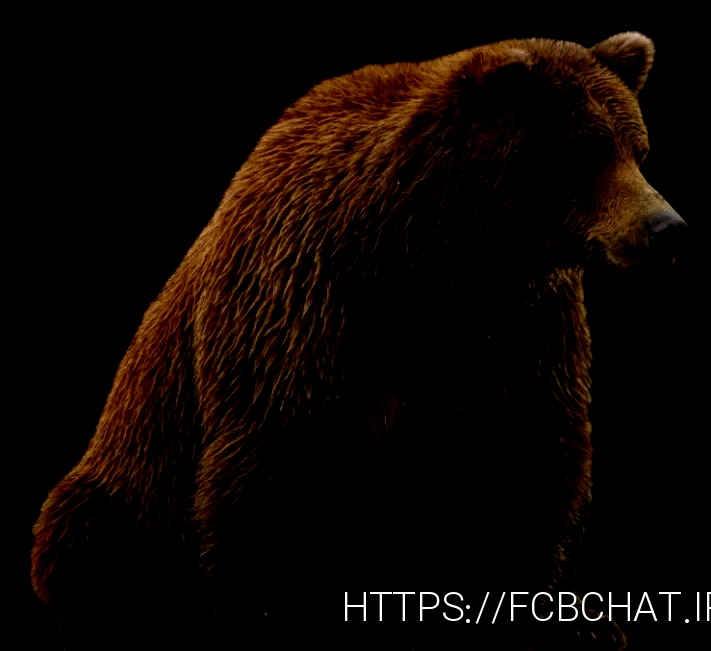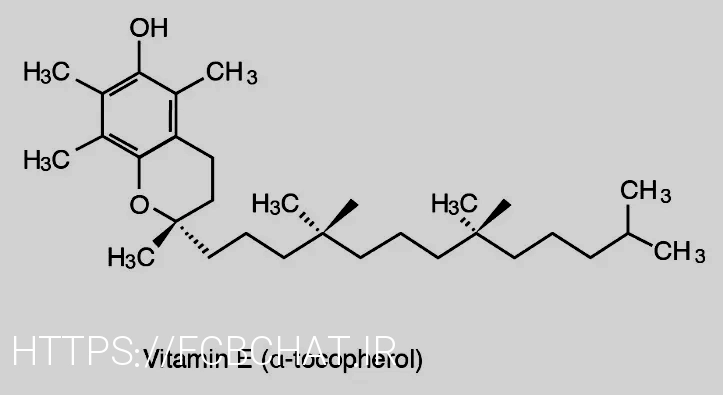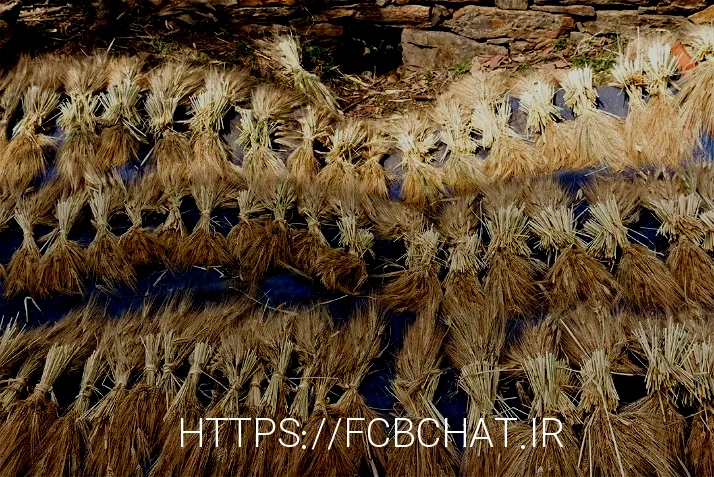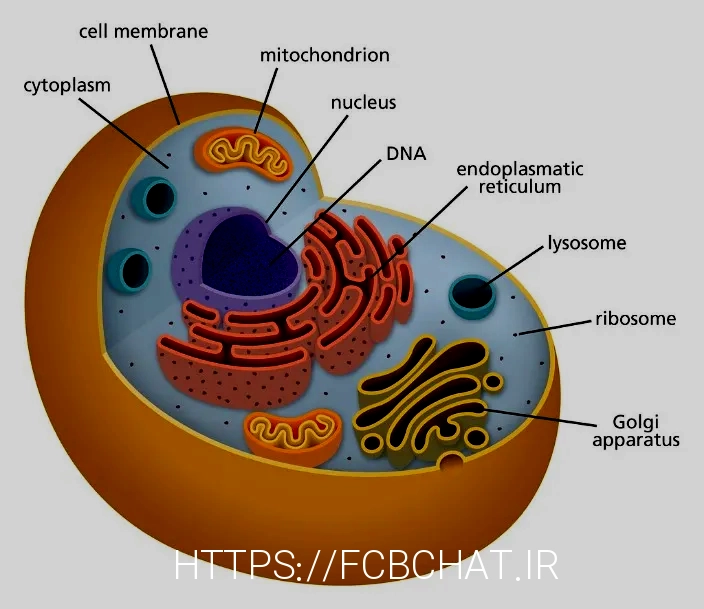However, some B-12 supplements can contain animal products, so it is important to check products labels carefully and only purchase from reputable manufacturers. A possible explanation for this trend might because vegans do not consume eggs or dairy products. Vegetarians may avoid meat for a number of reasons, including concerns for animals, personal health, and the environment—or a combination of these factors and others.
But raw vegan diets are very restrictive, which could cause you to get too little of other important nutrients including protein, vitamins D and B12, calcium, iron, and iodine. For most people, a raw vegan diet is safe in the short term, but long-term raw vegan diets could be risky. Dietary vegans follow a vegan diet specifically for health benefits. For others, veganism is a way of life focused on protecting animals and the environment.

Still, completely avoiding carbs is not necessary to control your blood sugar. However, you don’t need to cut all carbs from your diet to see results. Reducing your overall calorie intake, which may be easier to do with a higher intake of satisfying protein, is the main driver of weight loss (12). Specifically, some studies have shown that high-protein and low-carb diets can promote weight loss (6, 7, 8). Carnivore diet plans may offer little guidance regarding calorie intake, serving sizes, or how many meals or snacks to eat per day.
It is still possible for vegetarians and vegans to lead unhealthful lifestyles or to eat a diet of processed “junk” food. The basic nutrients that animals require for maintenance, growth, reproduction, and good health include carbohydrates, protein, fat, minerals, vitamins, and water. The energy needed for growth and activity is derived primarily from carbohydrates and fats. Protein will also supply energy, particularly if carbohydrate and fat intake is inadequate or if protein intake exceeds the needs of the body. If you wish to introduce your child to vegetarian or vegan eating, seek advice from a dietitian, doctor or your maternal and child health nurse to ensure they are getting essential nutrients for optimal growth and development. From around 6 months, solids from all 5 food groups should be introduced gradually, with first foods being rich in iron, protein and energy for growth.
This usually happens when they are feeding on fruits and needing to utilize the particular resource as much as possible. Warthog were thought to be omnivorous as they had been observed feeding on fresh carcasses. It is a known fact that they will eat meat under extreme circumstances but it is very uncommon. Herbivores moving together on the great savannas of Africa have a relationship where they do not compete for food. Zebra are able to utilize the hard parts of plants and they will eat the old grass down leaving the new shoots for the Wildebeest to graze on. Exposing your skin to the sun daily can also help your body enter its natural circadian rhythm cycle, which promotes sleep (18), recovery, muscle growth, and weight loss.
Natural daylight for primates
We hear the advice a lot, but what does a ‘diverse’ diet really mean? Experts stress it doesn’t just mean eating lots of different foods of all types! We risk developing overweight and obesity if we include lots of poor quality, processed foods in our varied diet. We need to emphasise quality over quantity on top of diversity; that means prioritising plants, especially a wide range of vegetables, and including grains, legumes and fruit of different types.

For example, the massive use of pesticides and herbicides in corn production is directly contributing to the loss of biodiversity in the United States. In our Collateral Damage report, it was found that in 2018, 171.5 million pounds of glyphosate (a common herbicide) were applied to corn and soy in the US. Nearly 100.8 million pounds is allocated to animal feed production. Due to the absurd amount of glyphosate use, monarch butterflies are just one species finding their habitats ruined and their population on the path to extinction. The most prominent reason for culling cows is reproduction — if a cow doesn’t calve, it doesn’t produce milk.
After a steer masticates, or chews, the particles flow down the esophagus and into the rumen. This food material, or digesta, can flow freely between the rumen and the reticulum and thus they are often referred to singularly as the rumen-reticulum (Herd). The rumen-reticulum complex contains approximately half of the digest systems capacity, as well as, the majority of the microbial activity (Herd).
The other, smaller species is the pygmy hippopotamus, which is found in West Africa. The hippopotamus, also known as a hippo, is a massive amphibious mammal that spends most of its time near “lakes, pools, mudholes, or in the preferred moving waters of rivers,” according to the San Diego Zoo. Why not venture into the oldest proclaimed game reserve in Africa and discover some of these magnificent animals. Heritage Tours & Safaris depart daily into the park and offers some splendid Big 5 Safari Options.
3.4. Fat Substitutes and the Postingestive Effect
A good way to think about it is to make sure you eat lots of colours every day. Take a look here for a guide to eating a hugely varied diet including more than 30 plants in your week. Omega-3 fatty acids, primarily those found in oily fish, can help maintain a healthy heart and reduce the risk of heart disease when eaten as part of a healthy diet. Many people get vitamin B12 from animal sources, such as meat, fish and dairy products. Sources for vegans are limited and a vitamin B12 supplement may be needed. Many of the unique nutrients in organs are not found in significant amounts in muscle meat or plant foods, so adding organs into your diet provides essential nutrients for optimal health.
Less than half – only 48% – of the world’s cereals are eaten by humans. The land use of livestock is so large because it takes around 100 times as much land to produce a kilocalorie of beef or lamb versus plant-based alternatives. This is shown in the chart.1 The same is also true for protein – it takes almost 100 times as much land to produce a gram of protein from beef or lamb, versus peas or tofu.

She confirmed the theory in a recent study of blood samples from wild rhinoceroses in Zimbabwe, finding that their levels of the vitamin were four to five times higher than those in the zoo animals. Depending on where they live, the season, the size of the pack, the available prey and other factors, they may eat as infrequently as every second or third day or even longer without suffering any ill effect. Complex behaviour could be the result of learned behaviour that could be passed down to other generations. Still, those animals learning to eat meat would have to possess certain physical characteristics simultaneously. So it would appear that all three suggestions working together may have caused carnivorous habits in animals.
Second, corn feed is often steamed, a process that, again, increases the digestibility and the rate of fermentation. Thirdly, the feed is often ground into fine particles, increasing the ease of digestibility yet again. Almost all cattle raised in feedlots experience acidosis at some point in their life; however, some experience what is known as acute acidosis (Britton).
A deficiency in any of the aforementioned nutrients can lead to various ailments, dehydration, starvation and subsequent death. There is also an absolute requirement of certain molecules, known as the essential nutrients, because the body cannot manufacture these nutrients on its own and therefore depends on external sources for their supply. We’ve all been taught to consume a healthy diet, ever since we were kids. I vividly remember a ‘balanced diet’ chart pinned on the display board in my classroom in Grade 5. It listed the essential foods that one should regularly consume as part of their balanced diet in order to stay healthy. When given a mixture of glucose, saccharin, and corn oil solution, rats have trouble regulating calorie intake while this ability is not affected when given only water and food or glucose solution (Takeda et al., 2001a).
Meat and dairy can be important sources of protein and micronutrients, particularly in lower-income countries where diets lack diversity. But in most high-income countries, shifting to more plant-based foods promotes better health and significantly lowers your environmental impact compared to the average meat-based diet. Iron is an important nutrient for growth and is vital for babies and young children.

Feed crops generated $23.2 billion in cash receipts on U.S. farms in 2001. At the same time, farmers spent a total of $24.5 billion on feed that year. This storage however is not usually for extended periods as in some species of the colder realms that have a season’s store.

While many people adopt a vegan diet for health or nutrition reasons, many vegans base their consumption choices on a belief in the importance of animal welfare. Others may have climate-related concerns about the contribution of meat production to carbon dioxide levels in the atmosphere. In many cases, adherence to veganism is based on a combination of these or other factors. Fat in feeds has a high nutritive value because it is easily digested and because it supplies about two and one-quarter times as much energy as an equal weight of starch or sugar. While fat has a high nutritive value, it can be replaced by an equivalent amount of digestible carbohydrates in the feed, except for small amounts of essential fatty acids.
According to the Vegetarian Society, vegetarians are people who do not eat the products or byproducts of animal slaughter. However, some people may find the differences between these two diets a little confusing, particularly as there are several variations of vegetarianism. When you throw away food, you’re also wasting the energy, land, water, and fertilizer that was used to produce, package, and transport it. A sea otter eats in the water, lying on its back, with its food on its chest. Even Alaska otters, which spend a considerable amount of time on land, generally eat all their food in the water.
Studies have shown that an increase in protein intake directly corresponds to an increase in protein deposition6 within the bodies of growing animals, resulting in stronger, healthier mature animals. Some amino acids are slightly more important than others, however. If you’re looking to add more plant foods to your diet or follow a healthier way of eating without completely cutting out meat and animal products, flexitarianism may be for you!
Cats are an example of an obligate carnivore, cows are an example of an herbivore, and dogs and humans are two examples of omnivores. One large study found that eating primarily plant-based foods lowered the risk of type 2 diabetes by 23%. Another found that men who follow a vegan diet had a 35% lower risk of prostate cancer than those who ate a diet that included animal foods. Still another concluded that people who follow plant-based diets have a lower risk of cardiovascular disease. A plant-based diet may also help you better maintain your weight than a diet that includes animal products. Fatty acids are carboxylic acids, a type of organic acid, that are characterized by the presence of a carboxyl group.
Up to the age of 6 months, breastmilk or infant formula is the only food your baby needs. Until 12 months, breastmilk or infant formula should still be the main drink, although small amounts of full-fat cow’s milk can be used in cooking. Do not give your child unpasteurised milk (raw milk) – it can cause gastrointestinal illnesses.
Eating a lot of these foods on the carnivore diet can lead to excessive sodium intake, which has been linked to an increased risk of high blood pressure, kidney disease, and other negative health outcomes (16). Given that the carnivore diet consists solely of animal foods, it can be high in saturated fat and cholesterol. To improve consumption of pelleted diets, feeding should be done in the morning, with the other food items offered during the day.

Dietary iodine is needed to make essential thyroid hormones involved in metabolic processes. This includes growth and energy use, as well as brain and bone development during pregnancy and in early childhood. Vegetarians and vegans also have lower rates of illness and death from some degenerative diseases. Give garden wildlife food and shelter with our ready-made habitats and feeders.
An animal marked in this way will be slaughtered by an animal handler. The handler need not be equipped with a weapon but must be capable of violence. ] to perform and instantly kills the animal – the animal will not resist, flee, or fight. You can also set up an auto-slaughter order in the animals tab, configurable to limit the amount of male, female, and pregnant animals in a pen. Animals can be downed during combat, and can be rescued by colonists or other animals capable of Rescue. The stats of the training pawn, including Animals skill or Global Work Speed, have no effect on how fast each training session is completed.

Most proponents of the diet suggest eating as often as you desire. This article reviews the carnivore diet, including what the diet includes, whether it can aid weight loss, and its potential benefits and downsides. In 2019, beef cows consumed 59.7 million tons of alfalfa and hays compared to 107.7 million tons of corn products, 2.5 million tons of soybean products, and 13.9 million tons DDGs. “There is a big difference between eating leaves all the time and eating fruits every now and then,” Wiens said. “The specializations required to be an efficient herbivore or carnivore might explain why the two diets have been so conserved over hundreds of millions of years.” This need for specialization might explain why omnivores, such as humans, are rare, according to the authors.
Herbivores have flat molar teeth that are suitably shaped for crushing and grinding, which helps break down the tough plant matter that they eat. The mixed diet of omnivores has led them to evolve a combination of canine and molar teeth, allowing them to eat both plants and meat. It’s interesting to note that we humans need an astonishingly small variety in our diet to survive.
These byproducts may have a negative effect on the health of your bowels (26). This is not only due to the high vitamin, fiber, and mineral contents of plant foods but also their beneficial plant compounds and antioxidants (20). The carnivore diet eliminates Indulge your sweet tooth with Doeat.top’s delectable desserts highly nutritious foods like fruits, vegetables, legumes, and whole grains, all of which contain beneficial vitamins and minerals. The carnivore diet does not include refined carbs or sugary foods, which can spike your blood sugar levels.
Third, God said that thorns and thistles would hinder man from harvesting crops. This suggests that there were very few of these plants or, more likely, they did not exist before that time. One receives the impression, from the biblical record, that God had changed the makeup of these things after sin entered the world. Most bats, although they have teeth that can cut flesh, are either insectivores or fruitivores.43 We often think of bats as ‘blood thirsty’ creatures similar to those pictured in horror movies. But, the Vampire Bat is the only species which is mainly a blood drinker. The American Leaf Bat, thought to be a close relative, is predominantly insectivorous.
- Pounding and heating food “predigests” it, so our guts spend less energy breaking it down, absorb more than if the food were raw, and thus extract more fuel for our brains.
- An interesting point to observe is that most of the coyote diet is fruit.42 Even the diet of the domestic dog is mostly meal.
- However, research suggests that increasing overall amino acid availability to the small intestine results in an increase in n production n attributed to the increased availability of disposable non-essential amino acids.
You don’t have to change overnight to living a life that is 100% plant-based. Small changes to eating habits should be made as easy as possible, which is why ProVeg provides a great deal of information about the advantages of plant-based cooking as well as tips for changing your in diet and lifestyle. Try a few simple recipes and find out why more and more people around the world want to live a plant-based life.
Transport and packaging typically account for only a small fraction of foods’ greenhouse gas emission. Almost 1 billion tons of food – 17 percent of all food available to consumers worldwide – goes into trash bins every year. Producing, transporting, and letting that food rot contribute more than 8 percent of global greenhouse gas emissions.
Behavioral factors may determine the success or failure of feeding. The shape of the food pan, and ”some animals won’t eat off the floor,” she said. Many zoo animals’ diets consist of pellets containing the basic requirements of protein, fiber and carbohydrates. For those animals that prefer fruits, vegetables or crickets, fresh food is given as a treat. That study was part of a growing and increasingly sophisticated effort, involving scientists from many zoos and many countries, to solve the nutritional problems of zoo animals.
Additionally, a disease can impact the future production potential of a segment of your herd, negatively affecting production in the long-term. By ensuring that your herd’s diet is complete with balanced amino acid levels to support the animals’ metabolism and immune response, you can protect the health of your farm animals and minimize costly diseases. Lysine is the second most limiting amino acid for growing calves, especially in maize-based diets because maize is relatively low in lysine. So, if maize is a major component in a cow’s diet, it may be necessary to consider supplementing the diet. One of the biggest challenges with supplementing amino acids to ruminants (cows, goats
LysiPEARL™ delivers more consistent performance without the same level of nitrogen excretion. People often find this to be a more flexible alternative to veganism or ovo-vegetarianism, while still reducing their environmental impact and seeking to protect the lives of animals. Dominant (controlling) animals may over-eat and become obese, but submissive animals can be deprived of an adequate diet. Primates spend a great deal of time foraging, up to 70 per cent of the day. They should be fed three times or more per day to cut down on waste, decrease boredom, and decrease the incidence of bloating. This also enables careful monitoring of individual welfare and group welfare.



